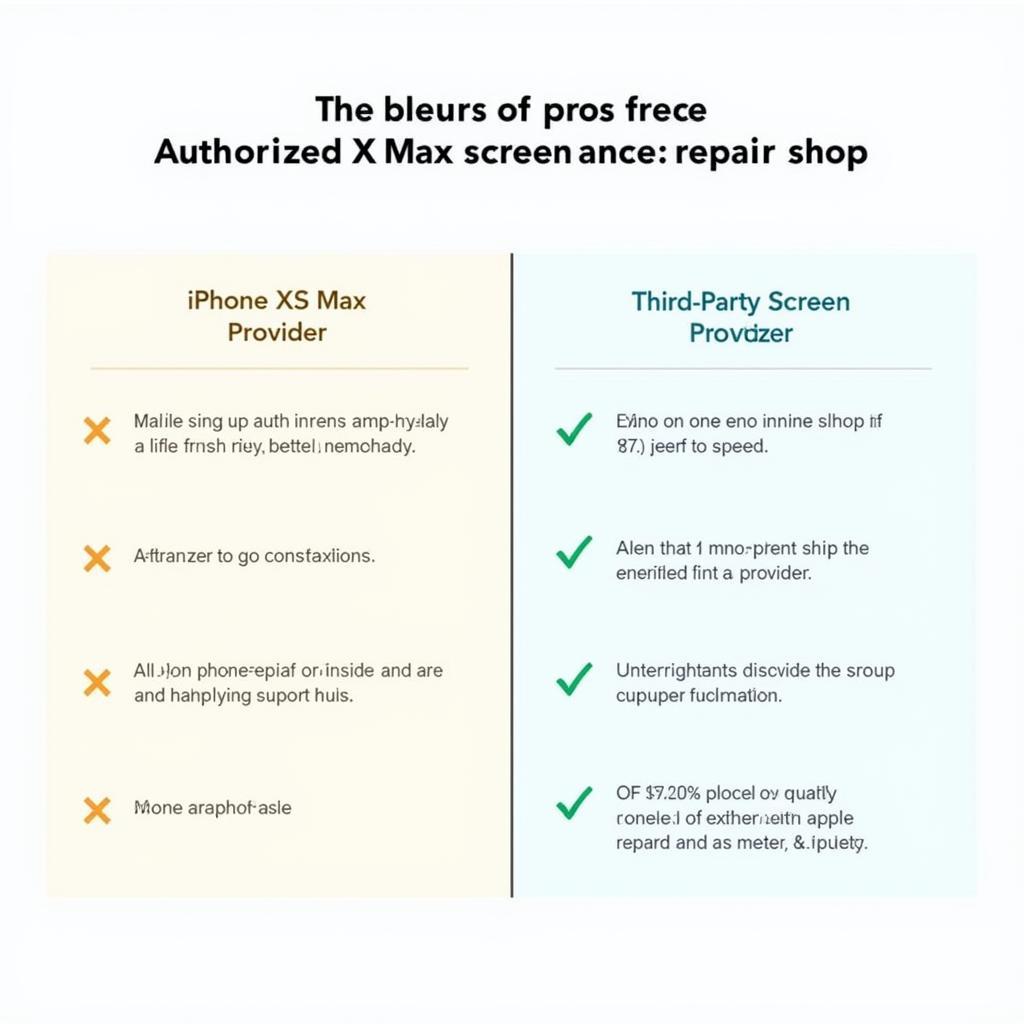Fixing Car Leaks is a common issue faced by car owners. Whether it’s a small drip or a significant puddle, understanding the types of leaks, their causes, and how to address them is crucial for maintaining your vehicle’s health and preventing costly repairs. This guide provides you with everything you need to know about diagnosing and resolving those pesky automotive leaks.
Identifying the Source of the Leak
Before you can fix a leak, you need to know what’s leaking. Different fluids have distinct colors, smells, and consistencies. Here’s a quick rundown:
- Oil: Usually brown or black, slippery, and often smells like petroleum. Check finding and fixing car oil leaks for a detailed guide on this topic.
- Coolant: Typically green, orange, or pink, and has a sweet smell. It can be watery or slightly thicker depending on the type.
- Brake Fluid: Clear or yellowish, with a slightly oily texture. It has a distinct chemical odor.
- Transmission Fluid: Red or brown, oily, and might smell burnt if there’s a serious transmission problem.
- Power Steering Fluid: Usually reddish-brown, oily, and can have a slightly burnt smell if there’s a problem with the power steering system.
- Water: Usually clear and odorless. This can often be condensation from the A/C system, but it’s worth checking for other potential leaks if it’s excessive.
Common Causes of Car Leaks
Understanding the reasons behind car leaks can help in effective fixing car leaks and prevention. Here are some common culprits:
- Worn Seals and Gaskets: Over time, seals and gaskets can deteriorate due to heat, age, and exposure to fluids, leading to leaks.
- Cracked Hoses and Lines: Hoses and lines can crack due to wear and tear, extreme temperatures, or road debris impact.
- Loose Connections: Loose connections can allow fluids to escape, especially under pressure.
- Corrosion: Rust and corrosion can weaken components, causing them to leak.
- Damaged Components: A damaged radiator, oil pan, or other components can result in significant leaks.
DIY Fixes for Minor Leaks
Some minor leaks can be addressed with DIY solutions. For instance, a stop-leak product can sometimes temporarily seal small leaks in the cooling system or oil pan. However, it’s important to remember that these are often temporary fixes, and a proper repair is usually necessary.
What are some temporary fixes for car leaks? Stop-leak products can provide temporary relief for minor leaks. However, these are not permanent solutions.
When to Seek Professional Help
While some minor leaks might be manageable with DIY approaches, more complex issues require professional attention. If you are unsure about the source of the leak, the extent of the damage, or the necessary repairs, it’s best to consult a qualified mechanic. Ignoring leaks can lead to more severe problems and costly repairs down the line. Consider fixing cars vacuum leaks for specific guidance on vacuum leak repairs. You can also search for fix car leaks near me to find a local repair shop.
How to find a reliable mechanic for fixing car leaks?
Look for certified mechanics with experience in the specific type of leak your car has. Check online reviews and ask for recommendations from friends and family.
Preventing Future Leaks
Regular maintenance is key to preventing car leaks. This includes routine checks of fluid levels, inspections of hoses and belts, and timely replacement of worn components. Staying on top of these tasks can help you avoid costly repairs and keep your car running smoothly. Don’t forget about fixing very small leaks in car tires and how to fix squeaky belts on a car.
“Regular preventative maintenance is the best way to avoid costly repairs and keep your car leak-free,” says John Smith, ASE Certified Master Technician. “It’s much cheaper to address a small issue before it becomes a major problem.”
Conclusion
Fixing car leaks is essential for maintaining your vehicle’s performance and longevity. By understanding the types of leaks, their causes, and the best approaches for fixing car leaks, you can keep your car in top shape and avoid expensive repairs. Don’t hesitate to seek professional help when necessary. For any assistance, reach out to AutoTipPro at +1 (641) 206-8880. Our office is located at 500 N St Mary’s St, San Antonio, TX 78205, United States.
“Addressing leaks promptly is crucial. A small drip today can become a major headache tomorrow,” advises Sarah Miller, Automotive Engineer.
“Early detection and proactive maintenance are your best defense against car leaks,” adds David Lee, Certified Mechanic.





Leave a Reply